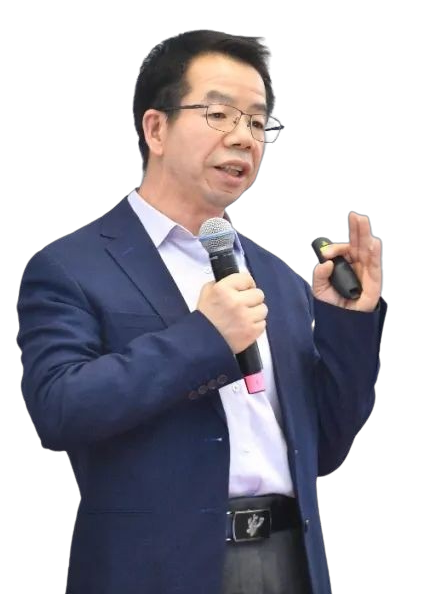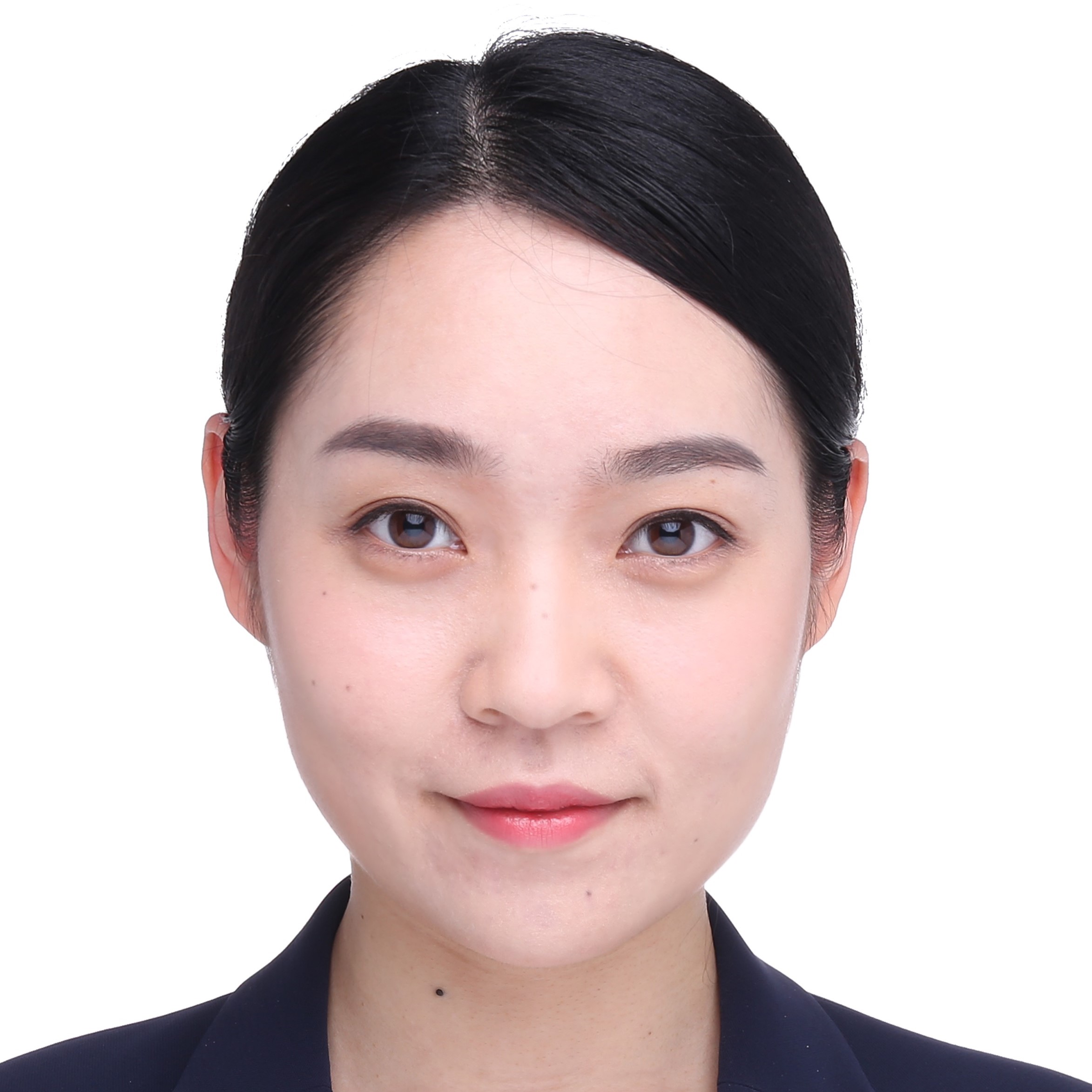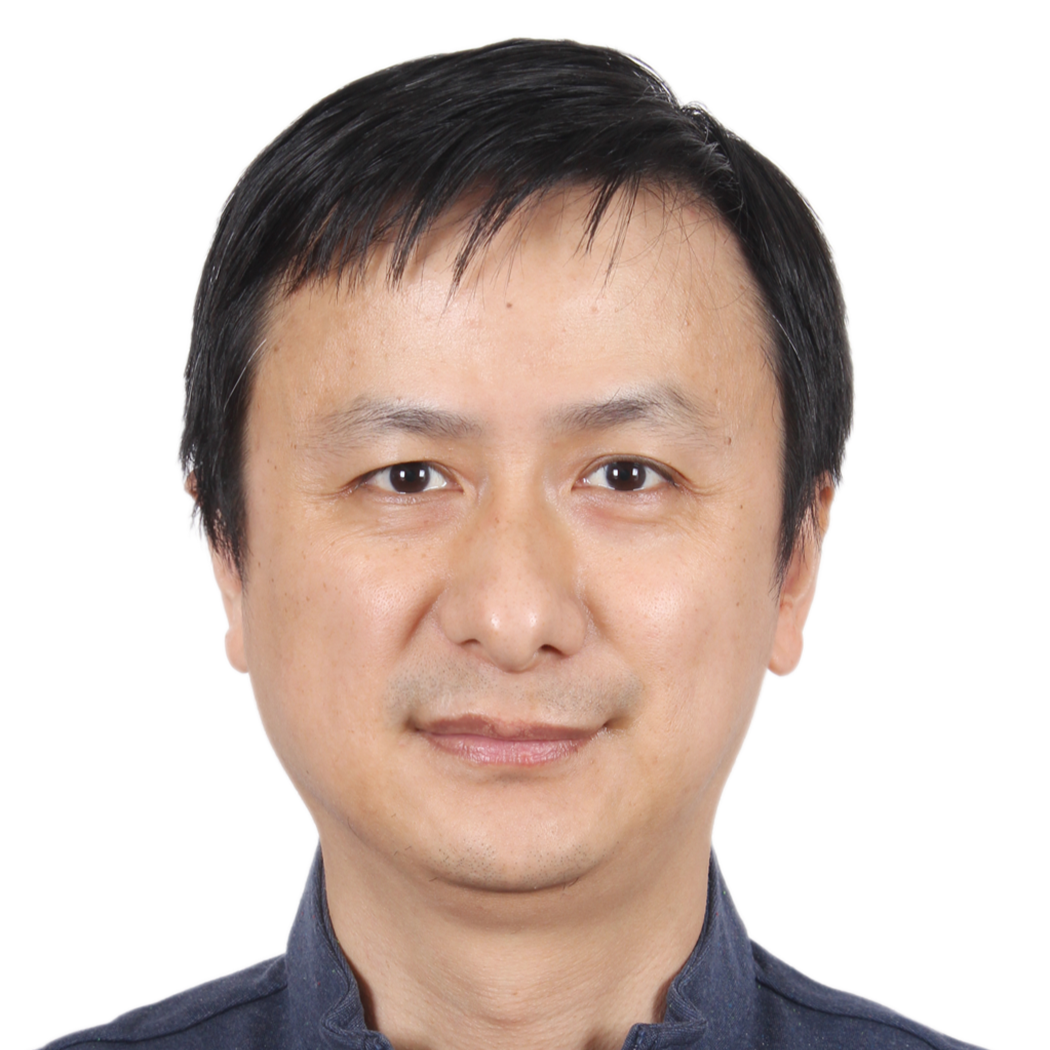Our goal at the UNESCO Chair on AI in Education is to foster a comprehensive ecosystem of AI research, training, information, and documentation, focusing on its transformative potential in education.
UNESCO Chair on AI in Education
Overview
Beijing Normal University in cooperation with UNESCO established a UNESCO Chair on Artificial Intelligence in Education (hereinafter referred to as "the Chair") in Feb. 2023.
Priority Purpose
The purpose of the Chair is to promote an integrated system of research, training, information and documentation on artificial intelligence in education. It will facilitate collaboration between high-level, internationally-recognized researchers and teaching staff of the University and other institutions in China, as well as elsewhere in Asia, Africa, Latin America, and in other regions of the world.
01
Capacity Building
Develop capacities of education managers and teachers on ethical and effective use of Artificial Intelligence (AI) in education through the provision of training platforms and training programmes, establishment of training centers, pilot settings of typical scenarios of AI in education as well as organization of training of trainers or master teachers in the target least developed countries with Sub-Saharan countries as priority.
02
Policy Dialogue
Facilitate international policy dialogue with thematic focuses on AI in education and leveraging AI to enable digital transformation of education through organizing or supporting the organization of annual international forums on AI and education annually, building and maintaining an inter-sectoral community of policymakers, researchers, practitioners in the field of AI in education.
03
Technological Innovation
Facilitate the technological innovation on trustworthy, safe, transparent, explainable, and robust AI algorithms, AI tools, and evidence-based effective models of using AI in education through supporting interdisciplinary projects and knowledge sharing among different institutions and countries.
04
Talents and Courses
Promote the development of AI talents and high-level graduates of higher education institutions through building a database of high-quality courses, facilitating the development of programmes, and exchanges of scholars.
05
Cooperation with Global Partners
Cooperate closely and actively with concerned entities of UNESCO, and existing Chairs and Networks of UNESCO on relevant programmes and activities.
Work Strands
Digital Resources Hub for AIED
In line with SDG4, promote the popularization and equity of AI in education, cultivate AI talents, and facilitate the innovation of artificial intelligence in education. Serves the AI education practitioners and K12 students and teachers. Cooperate with international institutions, resource platform universities, primary and secondary schools to provide AI education resource index services. Design and develop the resource hub.
Teachers CoP on AIED
Provide artificial intelligence and application skills training for primary and secondary school teachers in Southeast Asian countries; conduct training of Trainers for Teacher Capacity, and building on Artificial Intelligence and Application in the Sub-Saharan African Countries; Launch a collection campaign for outstanding youth achievements in AI in more than 10 countries worldwide and release the case set; Establish the teacher community of practice, and organize winter and summer camps providing a platform for young people around the world to communicate, share, and learn from each other.
International Workshops on AIED Social Experiments
The target audience includes practitioners, researchers, policy makers who are interested in investigating the effectiveness and influence of the application of intelligent technologies in education. The target audience will master the knowledge and skills needed to design and conduct social experiment to examine the influence of AI application on education. Prepare learning resources for the workshop, collaborate national experiment bases for intelligent society governance in China and deliver the workshop. Develop learning handouts, workshops, and international community of inquiry.
International joint research on Collaborative Teaching with Educational Robots for Multilingual Learning and Inclusive Education
Analyze influential academic articles presenting state-of-the-art of educational robot researches and identify thematic topics where educational robotics have been applied to facilitate teaching and learning. Utilize AIGC technology to facilitate multilingual study and inclusive education; Focus on collaborative teaching between human and machine in different scenarios.
Visiting Scholars & Cooperation with Global Partners
Promote the AI talents cultivation and exchange of international scholars in AI and education by launching the talents cultivation project. Visiting scholars and postdoctoral fellows, focusing on AIED related topics, will be recruited worldwide. organize the Summer School for middle school students from all over the world. Students will be selected to come to China to participate in the summer school of design, computing and innovative thinking.
Team Members

UNESCO Chair on AI in Education
The chair holder Huang Ronghuai is a Professor of Faculty of Education at Beijing Normal University (BNU) and holds multiple prestigious roles in the field. He is currently the Co-Dean of BNU's Smart Learning Institute, the Director of the National Engineering Research Center of Cyberlearning and Intelligent Technology, and the Director of the Educational Informatization Strategy Research Base in Beijing, under the Ministry of Education of the People's Republic of China.
Engaged primarily in research in the fields of educational informatization, intelligent learning environments, innovative teaching models with technological support, artificial intelligence, and education. Received awards including the National Teaching Achievement Award, Outstanding Scientific Research Achievement Award of Higher Education Institutions, National Excellent Achievement Award in Educational Science Research, National Excellent Course, National Excellent Shared Resource Course, National Planned Textbook, Beijing Outstanding Teaching Team, Beijing Teaching Master, and Beijing Outstanding Teacher. Undertook over 100 vertical and horizontal research projects at national and provincial levels, published more than 40 books in Chinese and English, and authored over 300 academic papers in Chinese and English.

Yang Junfeng
Professor
Hangzhou Normal University

Zhang Jinbao
Associate Professor
Beijing Normal University

Ahmed Tlili
Associate Professor
Beijing Normal University

Wang Huanhuan
Assistant Professor
Beijing Normal University

Chen Ying
Research Fellow
Beijing Normal University

Yao Youjie
Engineer
Beijing Normal University

